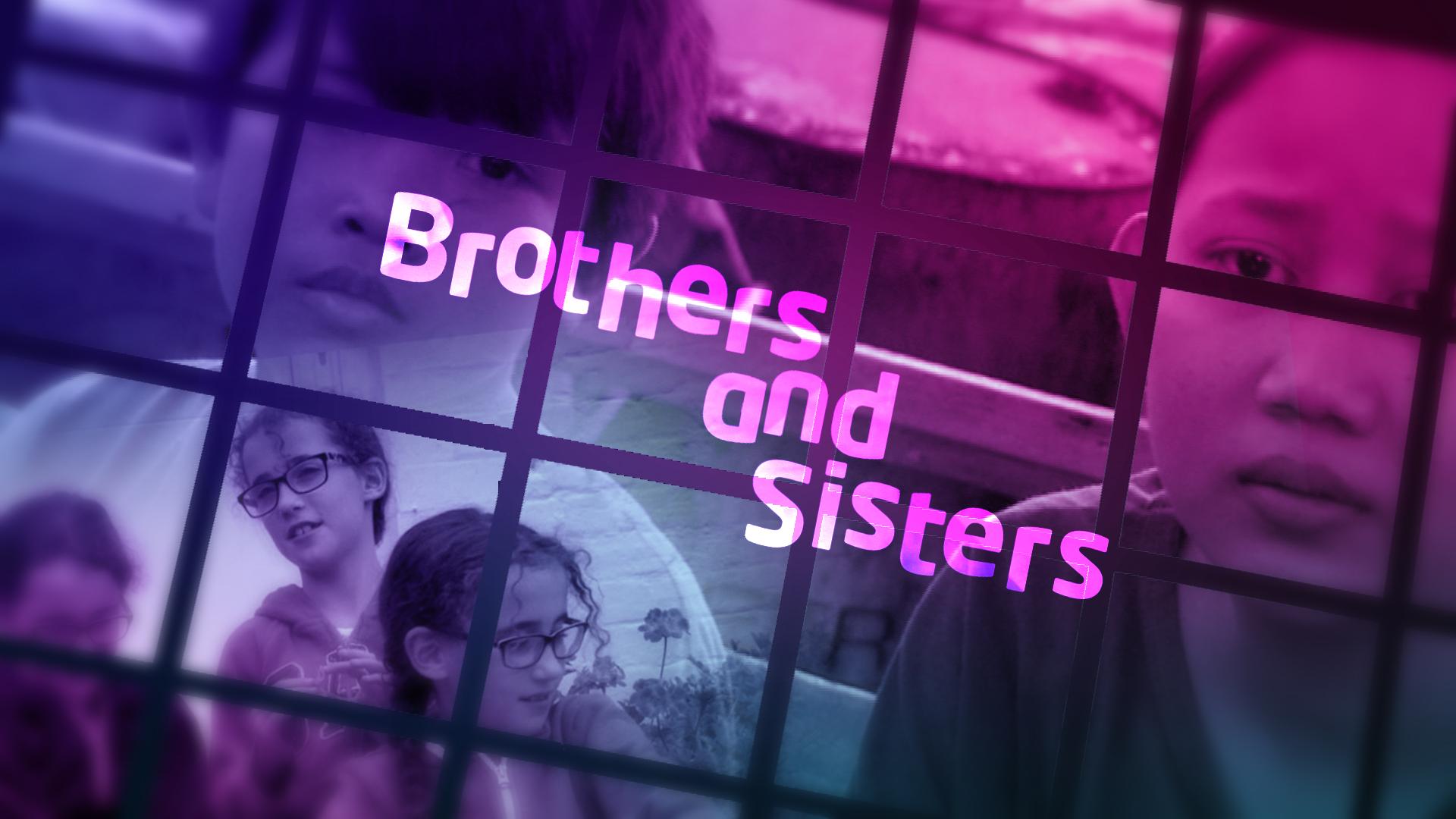China changes law so families can have more kids
- Published
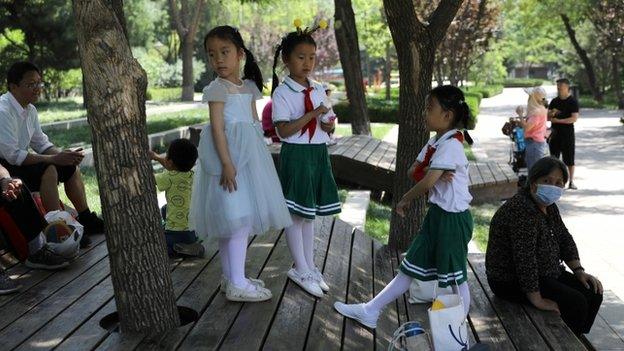
China's new law could mean more children having brothers or sisters
China is changing its rules on the number of children couples are allowed to have - it will now let parents have up to three kids.
Since 1979 China has had a rule in place about how many children people can have - for a long time parents could only have one child.
That rule was later relaxed and since 2016 they could have two children.
Now the law has changed again but what does it mean for the country and the children living there?
What was the "One Child Policy"?
The government of China introduced the "One Child Policy" in 1979. It meant couples in the country would only be allowed to have one child.
The law came in because the Chinese government was worried that the country's population was growing too fast and hoped this would control it.
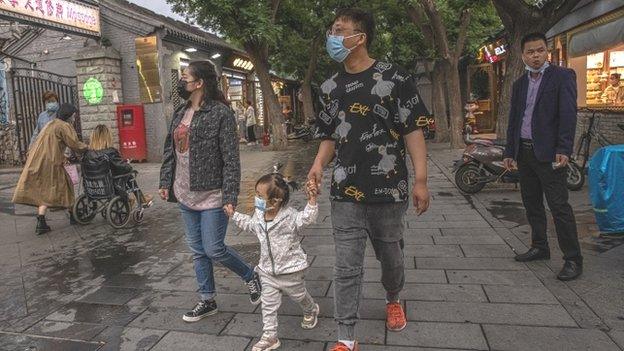
Lots of people in China have grown up without a brother or sister because their parents weren't allowed to have more children
Parents who broke this law faced strict punishments including fines and even losing their jobs.
Some people in China disliked the rule because they said it put pressure on the one child in each family to do well. Lots of countries said that the policy was cruel and unfair.
It has meant that millions of Chinese citizens do not have brothers or sisters.
When did the law change?
In the years leading up to 2016, the rules on the number of children families could have were relaxed in some areas of China.
This was because the Chinese government became worried there might not be enough young people to look after the older generation in the future.
In 2016, the one child policy officially ended for all areas of China and was replaced with a two-child limit instead.
What's changed now?
China is now changing the law once again and is allowing couples to have up to three children instead, as well as offering more support to parents.
The 2016 law change didn't lead to a big rise in the number of births as the government had expected, so they hope the new law will help make more progress.
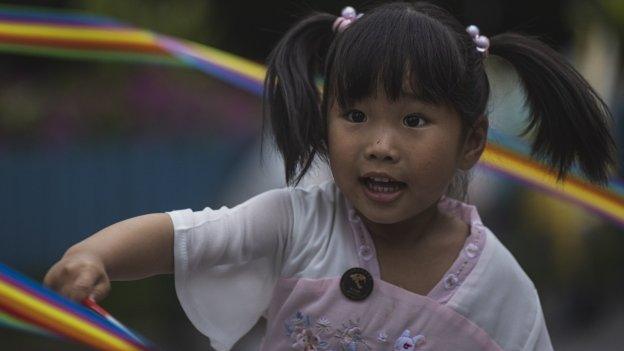
Even though the law changed in 2016 lots of children in China don't have a brother or sister as their parents have decided to not have any more children
The decision was made after results of a census showed a steep drop in the number of babies being born in China. A census is a way of finding out exactly how many people of different ages live in a country.
The results showed that around 12 million babies were born in 2020 - a big drop from the 18 million in 2016, and the lowest number of births in the country since the 1960s.
Amnesty International, a charity which speaks out about humans rights, says the new policy is still unfair and said: "Governments have no business regulating how many children people have."
Why does the age of the population matter?
The spread of the ages of people in a country is important to help keep the country running.
China has the largest population in the world with more that a billion people living there. Many children and young adults there are the only child in their family.
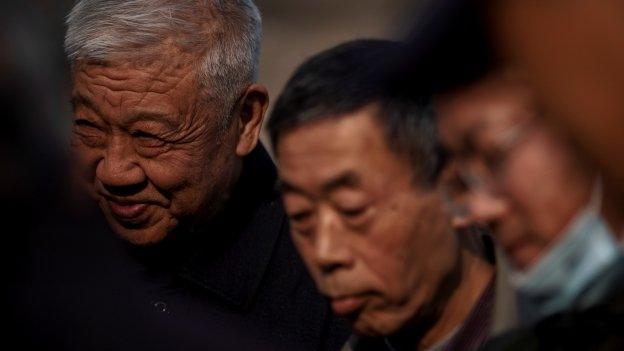
A country needs young people to look after the older generation and do jobs when others have retired
The Chinese government wants to make sure that as people get older and retire the country has enough younger people to keep working as well as look after the older generation.
However the cost of raising children in cities has put many Chinese couples off having more than one child even after the law changed in 2016.
It's not clear yet whether this new law will increase the number of children born in the country as the government wants, or if it will need to change the rules further to make people have more children.
Brothers and Sisters: A Newsround Special
- Published30 October 2015
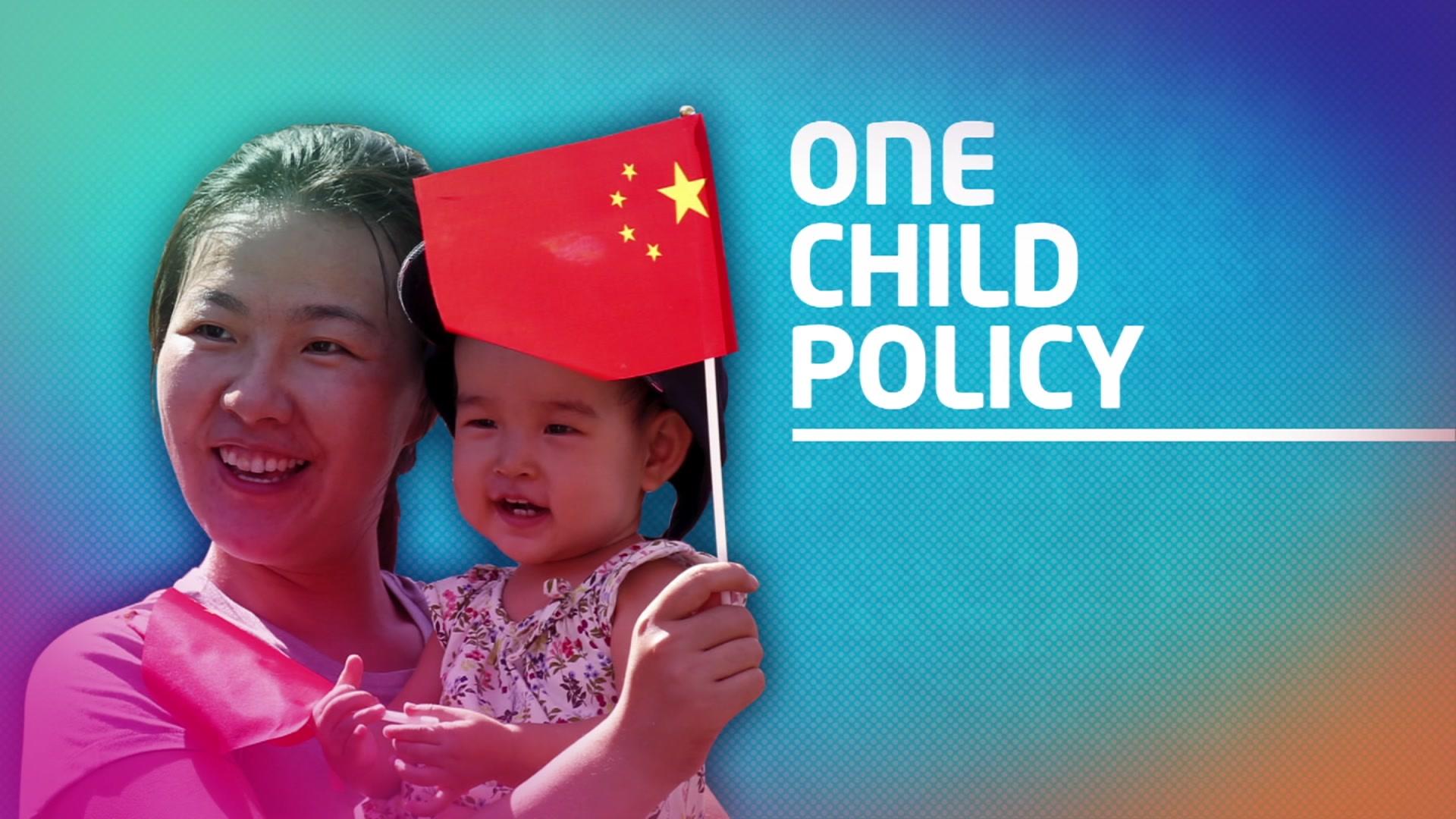
- Published9 April 2019
